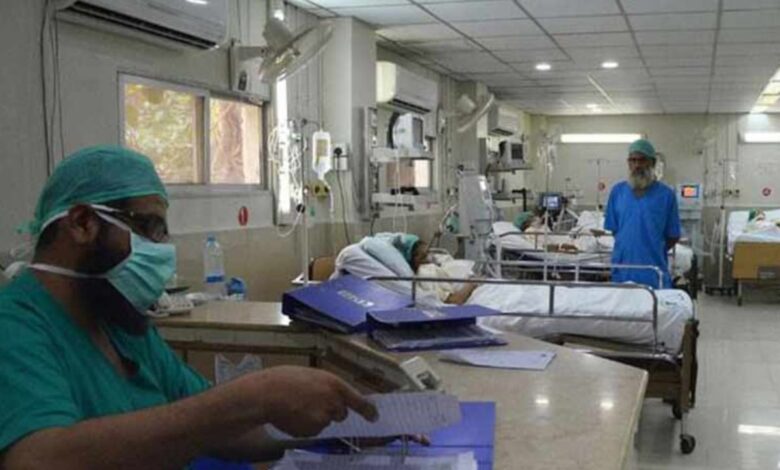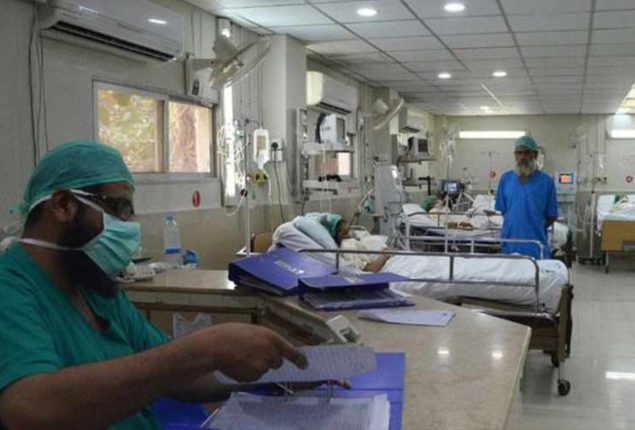Appeal for Increased Public Health Budget in Pakistan


Appeal for Increased Public Health Budget in Pakistan
Healthcare stakeholders, including doctors, pharmacists, NGOs, and politicians, have called on the government to revise its budget priorities and allocate more funds for public health.
At a meeting held on Wednesday, attendees urged the government to reduce non-development expenses and halt foreign debt repayments, redirecting the saved funds to public health and education.
The group opposed any form of health system privatization and instead advocated for the construction of more hospitals, medical colleges, and nursing schools to meet the growing population’s healthcare needs.
They also demanded that medicines be sold under generic names instead of branded ones to lower prices and curb the malpractice of pharmaceutical companies that bribe medical professionals with sponsored trips and expensive gifts for meeting sales targets. This step, they believed, would improve the quality and reduce the cost of medicines.
Participants of the meeting, organized by the Labour Education Foundation, included Dr. Tehsin Azhar from the Pakistan Medical Association, Dr. Kalimullah from the Pakistan Pharmacists Association, Mohsin Khan from the Punjab Druggists Association, Muhammad Usman from the Young Pharmacists’ Association, PML-N leader and chairman of Soch Muhammad Mehdi, Haqooq-e-Khalq Party leader Farooq Tariq, alternative medicine industry representative Haji Younas, and pharma industry employees union secretary Syed Shabbir Hussain.
They demanded that medical practitioners be required to prescribe only generic medicines, with bio-equivalence tests made compulsory to challenge the myth that pharmaceutical corporations produce superior medicines.
The stakeholders called for increasing the public health budget to 6% of GDP and raising lawmakers’ awareness of healthcare rights, the benefits of generic medicines, the negative impacts of pharma monopolies, and the need for effective healthcare laws and implementation.
They highlighted a lack of coordination between the health education sector’s governing body and the medicine registration regulator, which heavily costs healthcare seekers, and called for a ban on private practice by government-employed medical practitioners.
The group emphasized raising public awareness on disease prevention, incentivizing population control to reduce the burden on existing health facilities, and increasing the number of filter clinics/disease screening centers to reduce pressure on tertiary care hospitals.
They also advocated prioritizing Research & Development funding—not only to develop better medicines and vaccines but also to identify disease patterns in different societal segments—and subsidizing raw material imports for producing affordable medicines.
Source link